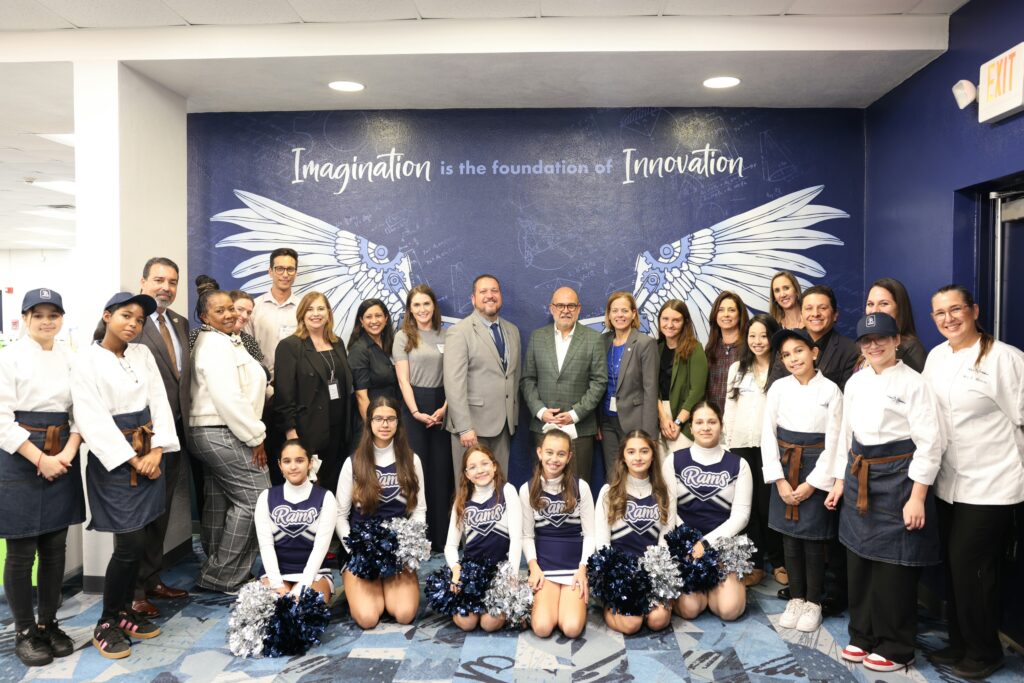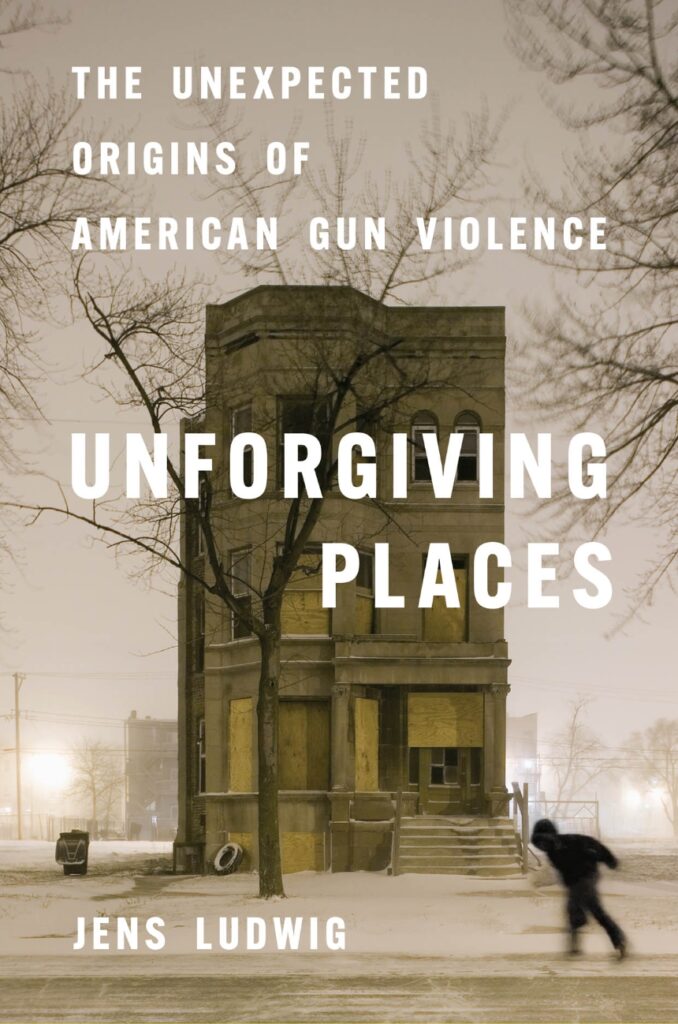Tutoring works. But will we keep it?
We’re now five years out from the onset of the pandemic and at a pivotal moment for public education. States have spent billions to help students catch up, and intensive, individualized tutoring has emerged as one of the few interventions with clear, measurable gains in student learning.

But the money is running out—and the need isn’t. Recent NAEP scores show we are still far from recovery. Millions of students remain years behind, and without continued support, the gap will only widen.
In a recent op-ed in The 74, Kevin Huffman, CEO of Accelerate, and I argued that we must double down on what works, and ensure every student who needs intensive tutoring gets it.
UChicago Education Lab leaders on NAEP scores: It’s worse than you think but there is a solution
The latest NAEP scores are devastating—but as bad as they are, the real problem is even bigger. If kids miss foundational skills, they struggle to engage with grade-level instruction, making it harder to catch up over time. The further they fall, the less they get out of school, and the harder it is to close the gap. This isn’t a one-time dip in test scores; it’s a widening problem that compounds with every passing year. At the Education Lab, we’ve spent over a decade studying high-dosage tutoring—one of the most effective and cost-efficient interventions ever tested.
The Education Lab visits Miami-Dade Public Schools
In April 2024, with the generous support of Griffin Catalyst, the Education Lab partnered with Miami-Dade County Public Schools to launch high-dosage tutoring in nine middle schools through the Personalized Learning Initiative—bringing targeted, personalized support to the students who need it most. Just last month, we visited Riviera Middle School alongside district leaders to see the impact firsthand.

Unforgiving Places: The Unexpected Origins of American Gun Violence
 Most people would agree that education is so critical because it improves people’s earning prospects and makes them better citizens. But the data show that education is also one of the most important crime prevention tools we have. Our faculty director, Jens Ludwig, authored a book that explores how behavioral science gives us a new way to understand – and solve – gun violence in America, including the role education plays in addressing crime. We are thrilled to share that Unforgiving Places: The Unexpected Origins of American Gun Violence will be available on April 21.
Most people would agree that education is so critical because it improves people’s earning prospects and makes them better citizens. But the data show that education is also one of the most important crime prevention tools we have. Our faculty director, Jens Ludwig, authored a book that explores how behavioral science gives us a new way to understand – and solve – gun violence in America, including the role education plays in addressing crime. We are thrilled to share that Unforgiving Places: The Unexpected Origins of American Gun Violence will be available on April 21.
A restorative approach to student discipline shows promise in reducing suspensions and arrests
Suspensions are a common form of official discipline implemented in American schools, but can alternative approaches prove effective in reducing harmful student behavior?
Education Lab researchers penned a Brookings op-ed about a study of restorative practices, an alternative approach that focuses on harm reparation and community dialogue rather than punishment with the goal of building understanding and conflict-resolution skills among students and teachers. The study found that implementing restorative practices in Chicago Public Schools led to a significant reduction in suspension days and student arrests, particularly among its Black students.
In Chicago, cognitive behavioral therapy shows promise in curbing youth violence
NPR’s Meg Anderson reported on Choose to Change (C2C), a program that combines trauma-informed therapy with wraparound supports and aims to reduce youth violence.
The University of Chicago Crime Lab found that two years after the program, C2C reduces the likelihood of youth being arrested for a violent crime by 39 percent. C2C is a partnership between nonprofits Brightpoint and Youth Advocate Programs with support from Chicago Public Schools.
Improving education with evidence: Research partners & CPS
The University of Chicago Consortium for School Research hosted an event highlighting Chicago’s data-informed culture embedded throughout our city’s education ecosystem. Panelists, including the Education Lab’s Monica Bhatt, discussed what’s possible when school systems and research partners collaborate to learn about what’s working for students across Chicago Public Schools. Learn more.
High-Dosage Tutoring in Fulton County Public Schools, Georgia
- Our partner, MDRC, recently published key takeaways from implementing tutoring in Fulton County, GA. Drawing on lessons from our Personalized Learning Initiative, the post breaks down practical strategies schools can use to deliver tutoring that sticks. Read the blog post.
- Saga Education published a three-part series exploring what makes tutoring truly effective—featuring insights from our Fulton County partnership. The Education Lab’s Monica Bhatt shares how schools can weave tutoring into the school day to ensure students get the consistent, personalized support they need.
